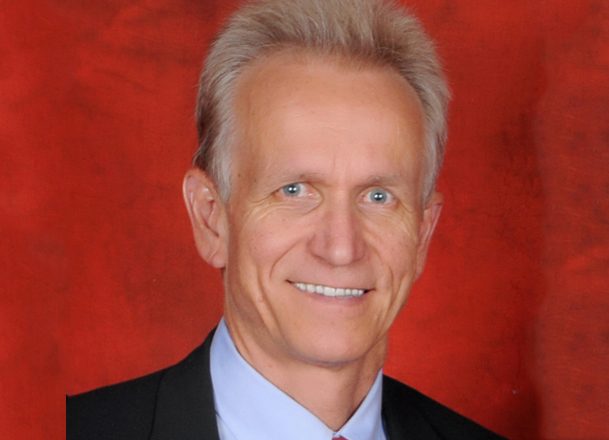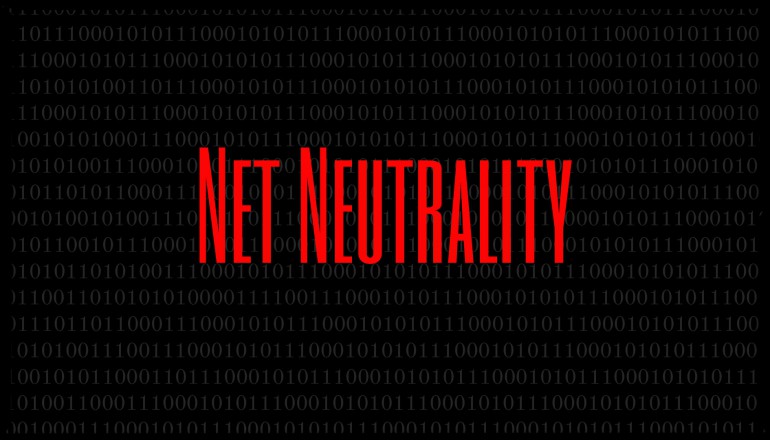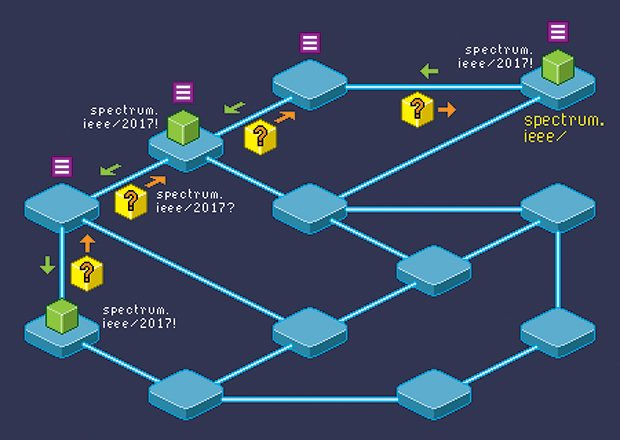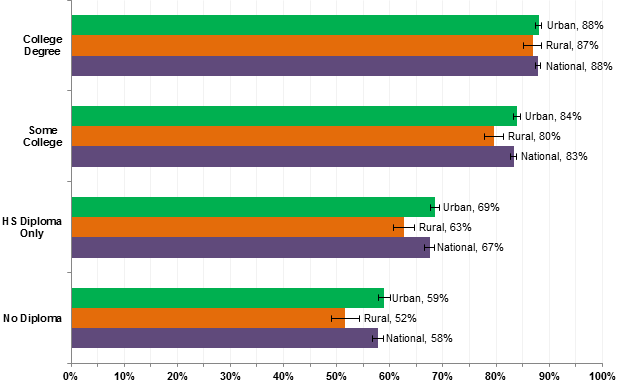Podcast: How Title II Net Neutrality Undermines 5G
Peter Rysavy identifies the friction points between 5G networks and Title II regulation.
Remind Me: Why Should I Care about Net Neutrality?
End-to-end is part of Internet history, but so is traffic differentiation. On the one hand, some forms of discrimination at the packet level are constructive. Applications have different needs and it’s good for networks to provide them with the type of service they desire.
FCC Wants to Know if Ernestine Rules the Internet
Broadband ISPs are in the same game as dial-up ISPs: providing customers the ability to access and share information. This is not a complicated issue. Hence, Lily Tomlin’s telephone operator Ernestine is not really part of the picture any more. She was a great lady, but like Manu Ginóbili of the San Antonio Spurs, she’s retired.
Dave Farber on Title II ISP Regulation
The FCC was designed as an independent agency because the public is always biased in favor of the status quo. As Henry Ford may have said about his Model T, the public just wanted faster horses because they were scared of cars.
Making the Internet of the Future Happen Today
With all the policy controversy around the Internet today it’s useful to take a step back and look at the overall trajectory. While the battles over privacy, security, and the…
Five Myths about Title II and the Internet
Myth #1: Title II is the foundation of the Internet. Fact: Title II didn’t make an appearance on a significant part of the Internet until the Obama FCC’s Open Internet…
American Broadband Policy: Information over Manipulation
While it’s true that Americans aren’t dancing in the streets over ISP customer service, it’s unrealistic to claim that replacing them with municipal utility providers will change this dynamic at all.
Voluntary Net Neutrality: Holy Grail or Total Hoax?
If net neutrality is what its supporters say it is – the best overall way of setting expectations and managing Internet service agreements, it should be expected to become self-executing at some point. I think we passed that point about ten years ago, but we will see what we will see.
Wireless First: A Winning Strategy for Rural Broadband
The nice thing about focusing on wireless for the final leg of the extended broadband system is that it doesn’t duplicate effort or waste money. Despite the glory of fiber optic networks, people want mobility. So wireless is going to be part of the solution regardless. Why don’t we just accept that and concentrate on building the best wireless networks first and fill in with fiber only when and where it’s truly needed?
Congress Gives the FCC a Privacy Mulligan
“Don’t collect what you can’t protect” seems like a reasonable approach. Given that the current discourse is all about collection, we probably won’t have the conversation we need to have for a long time. And in the meantime we’re going to hear nothing but nonsense about gatekeepers, “sensitive” browsing histories, and how hard it may be to switch ISPs (as if we don’t do that several times more often than we switch social networks and search providers.










